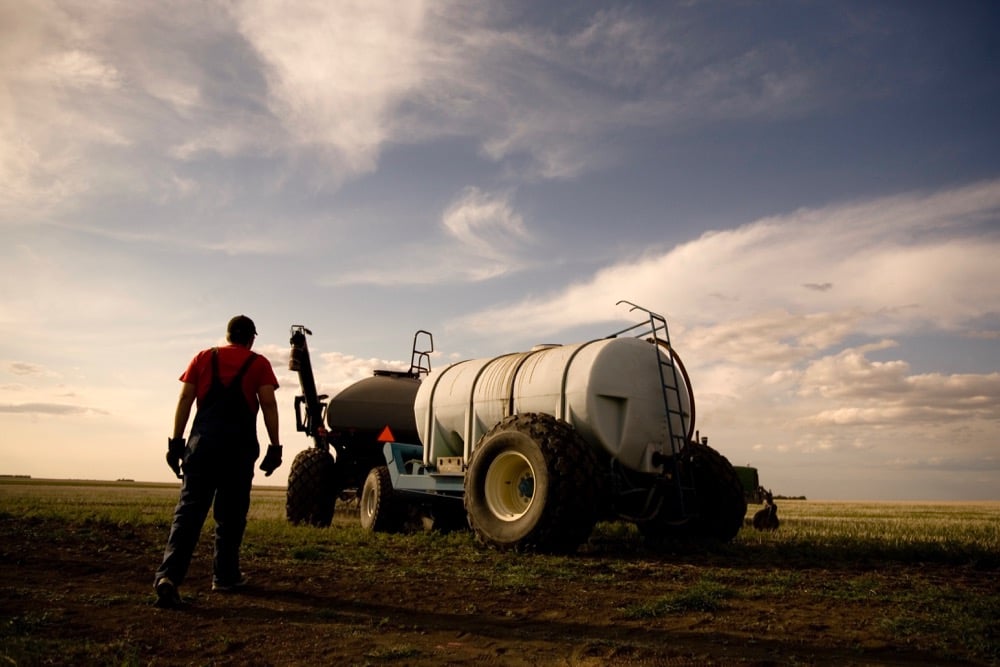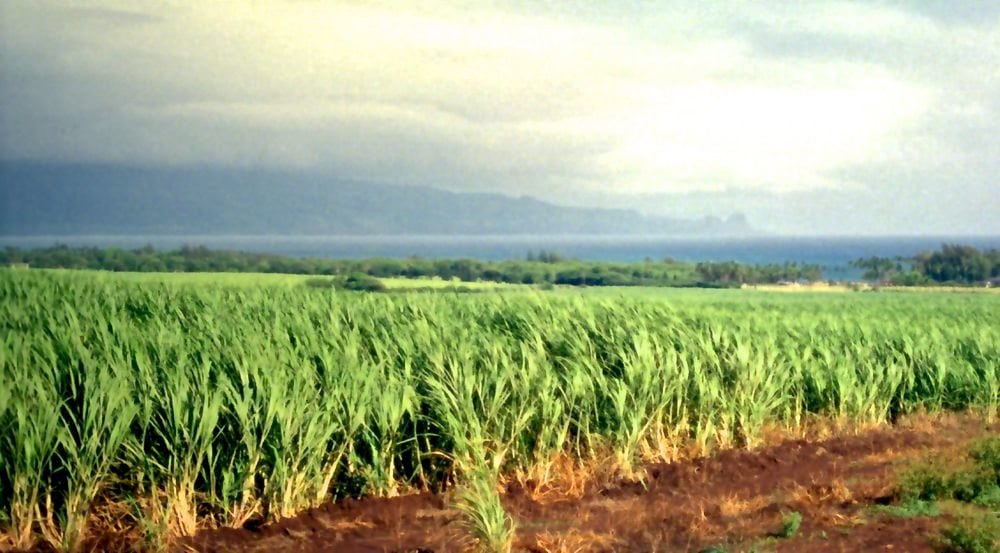Canadian farmers face two-front trade war as China duties take effect

Regina | Reuters — Canadian farmers are facing a two-front trade war, with China’s tariffs on Canadian canola oil, canola meal and peas taking effect on Thursday and U.S. tariffs expected on additional Canadian products within two weeks.
Why it matters: Canadian farmers face spring seeding as crop tariffs take effect
The double whammy from two major trading partners makes for a grim mood going into spring planting.
“This is a terrible time,” said Calgary area farmer Tara Sawyer of the Chinese tariffs.
Read Also


Brazil sees prolonged US tariff talks, minister says, linking ethanol and sugar
Brazilian Finance Minister Fernando Haddad said on Thursday his government expects lengthy tariff negotiations with the United States, and suggested they would include trade discussions involving sugar and ethanol.
“The seed has already been bought. The inputs have already been bought. We have to seed it. We have no choice but to move forward,” said Sawyer, who grows barley, wheat and canola.
Tariff tit for tat
China announced on March 8 that tariffs on over $2.6 billion (C$3.7 billion) worth of Canadian agricultural and food products would kick in on March 20, retaliating against levies Ottawa introduced in October.
The levies match the 100 per cent and 25 per cent import duties Canada slapped on China-made electric vehicles and steel and aluminum products just over four months ago.
China said it would apply a 100 per cent tariff to just over $1 billion (C$1.4 billion) of Canadian canola oil, canola meal cakes and pea imports, and a 25 per cent duty on $1.6 billion (C$2.3 billion) worth of Canadian aquatic products and pork. It excluded unprocessed canola seed, also known as rapeseed.
Canada’s trade ministry did not immediately respond to a request for comment. On March 8, the trade ministry said Canada was disappointed with the tariff announcement and remained open to dialogue with Chinese officials.
China also has an ongoing anti-dumping investigation into Canadian canola seed exports, which make up the vast majority of Canada’s canola exports to China.
China is the No. 1 export market for Canadian canola seed, and No. 2 for meal exports, after the U.S.
China’s announcement came in the middle of an escalating trade war with the U.S., where President Donald Trump on March 6 delayed a broad 25 per cent tariff on some Canadian goods for 30 days.
Trump has since imposed tariffs on steel and aluminum imports and threatened reciprocal tariffs on additional goods including Canadian dairy and lumber on April 2.
Farmers’ defensive finances
Machinery manufacturers at a Canadian farm show said farmers are buying less new equipment, citing low crop prices and the risks of tariffs.
Farmers appear to be getting defensive with finances, securing cheap loans to fund this year’s crop, but backing away from major purchases.
The Canadian Canola Growers Association, which provides government-backed zero-interest and low-interest loans, reported seeing a surge in loan applications.
“We’re definitely seeing a lot more demand,” said Dave Gallant, a vice president at CCGA.
“A lot of our customers are very concerned about whether they’re going to be able to sell their product this year, and what the prices are going to be.”
Source: Farmtario.com


